detail profile arkadi khintibidze
Peran Yang Di Mainkan Arkadi Khintibidze
 To make Tsuna his maid a...
To make Tsuna his maid a...Tsuna and Tsrutsuna 1955
To make Tsuna his maid, a corrupt prince abducts her from her very wedding and to save her, the bridegroom Tsrutsuna needs the help of his tough friends.
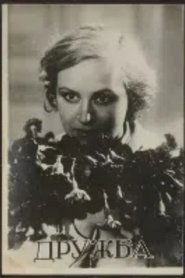 The film vividly tells us about...
The film vividly tells us about...Friendship 1940
The film vividly tells us about the socialist competition between the Georgian and Ukrainian Kolmeurnei, which will grow into a cordial friendship and rise through hard work. In this solemn situation, the marriage of a Georgian young man and a Ukrainian girl, who have liked each other for a long time, is also celebrated.
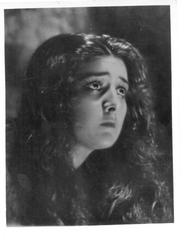 Gviristine is considered the best tea...
Gviristine is considered the best tea...The Girl From Khidobani 1940
Gviristine is considered the best tea picker in Khidobni collective farm. Together with other harvesters, she is sent to Moscow to attend the Congress of farmer Musicians. Personal happiness is also attached to this success - a big wedding is held in the collective farm for Gviristine and Mirian.
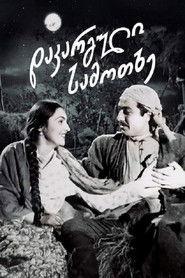 A Soviet drama about class differences...
A Soviet drama about class differences...Lost Paradise 1937
A Soviet drama about class differences in a rural farm town
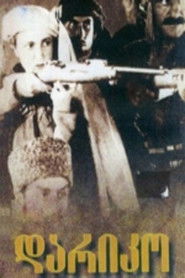 Darikos family has been opressed by...
Darikos family has been opressed by...Dariko 1937
Dariko's family has been opressed by the wealthy farmer Droidze. He made the goverment send Dariko's husband, Simona to the gulag and after that took their land.For killing Droidze's son, who intended to insult a woman who was left alone, Dariko is also threatened with imprisonment, but she escapes imprisonment, runs away and becomes the leader of squad who defend the oppressed people.
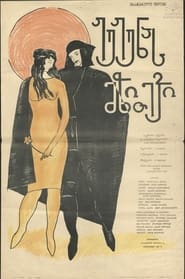 Varden a poor peasant decides to...
Varden a poor peasant decides to...Jujuna's Dowry 1934
Varden, a poor peasant decides to find a rich fiancée but in vain. Following Galaktion, his rich neighbor’s advice, he attempts a horse theft but fails and nearly escapes death. Thanks to Jujuna, his other neighbor, he finds job at the village’s blacksmith.
 Kulak Walters successor Robert calls his...
Kulak Walters successor Robert calls his...Shakir 1932
Kulak Walter's successor, Robert, calls his fellow villagers to form a collective farm. The poor peasantry of the village actively supports his call. The first collective farm of German colonists "Rote Fane" (Red Flag) is created. Local kulaks begin to fight against him. Under the influence of the kulaks' agitation, part of the middle-class colonists went to Germany. The collective farm grows and becomes stronger, and the kulaks weaken. Walter bribes his watchman, old Shakir, and incites him to kill Robert. But Shakir can't beat Robert. He exposes Walter's nefarious intentions and joins the collective farm. A letter comes from the departed colonists, reporting that there is an economic crisis and unemployment in Germany, and expressing regret for following the provocation and leaving the Soviet Union.
 Banned in the Soviet Union for...
Banned in the Soviet Union for...The Nail in the Boot 1931
Banned in the Soviet Union for its "negative" content and never released, Kalatozov was forced to retreat from filmmaking for seven years because of this film. The film sets out to illustrate the old adage, "For want of a nail, the battle was lost," showing how the inferior quality of something so trivial as a nail in a soldier's boot leads inexorably to the capture of an armored train. Kalatozov had intended to demonstrate the crucial and universal importance of efficiency in Soviet industry, but the government decided that his fable gave a negative impression of the Red Army's capabilities.
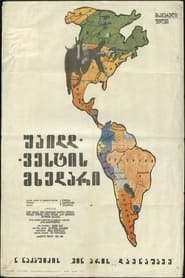 Blinded by the desire of wealth...
Blinded by the desire of wealth...Who Is Guilty? 1925
Blinded by the desire of wealth, mother of Siko makes him leave behind his wife and child and go to America.
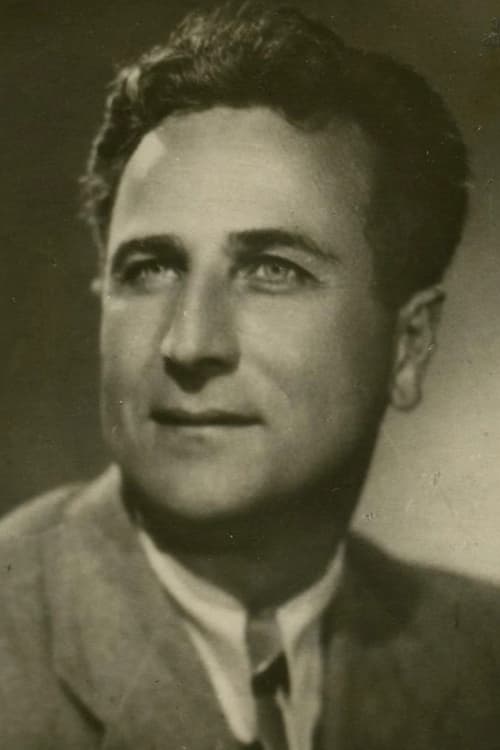
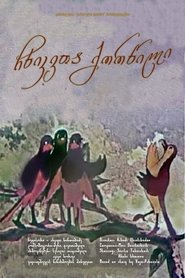 To revenge brave jay Zakara evil...
To revenge brave jay Zakara evil...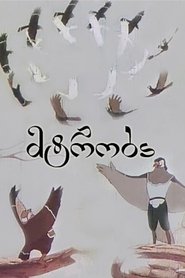 Due to the argument between their...
Due to the argument between their...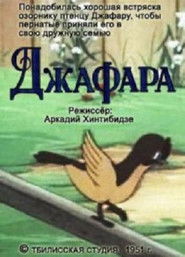
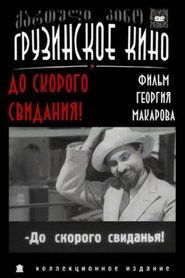 The action of the film takes...
The action of the film takes...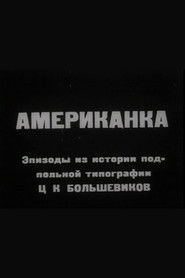 The action of the film takes...
The action of the film takes...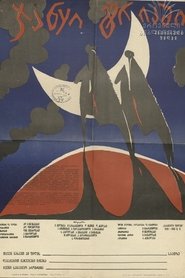 Movie takes place in 1841 Georgia region...
Movie takes place in 1841 Georgia region...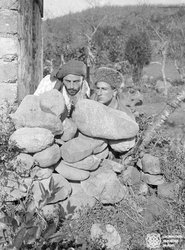 A dead hen becomes a problem...
A dead hen becomes a problem...